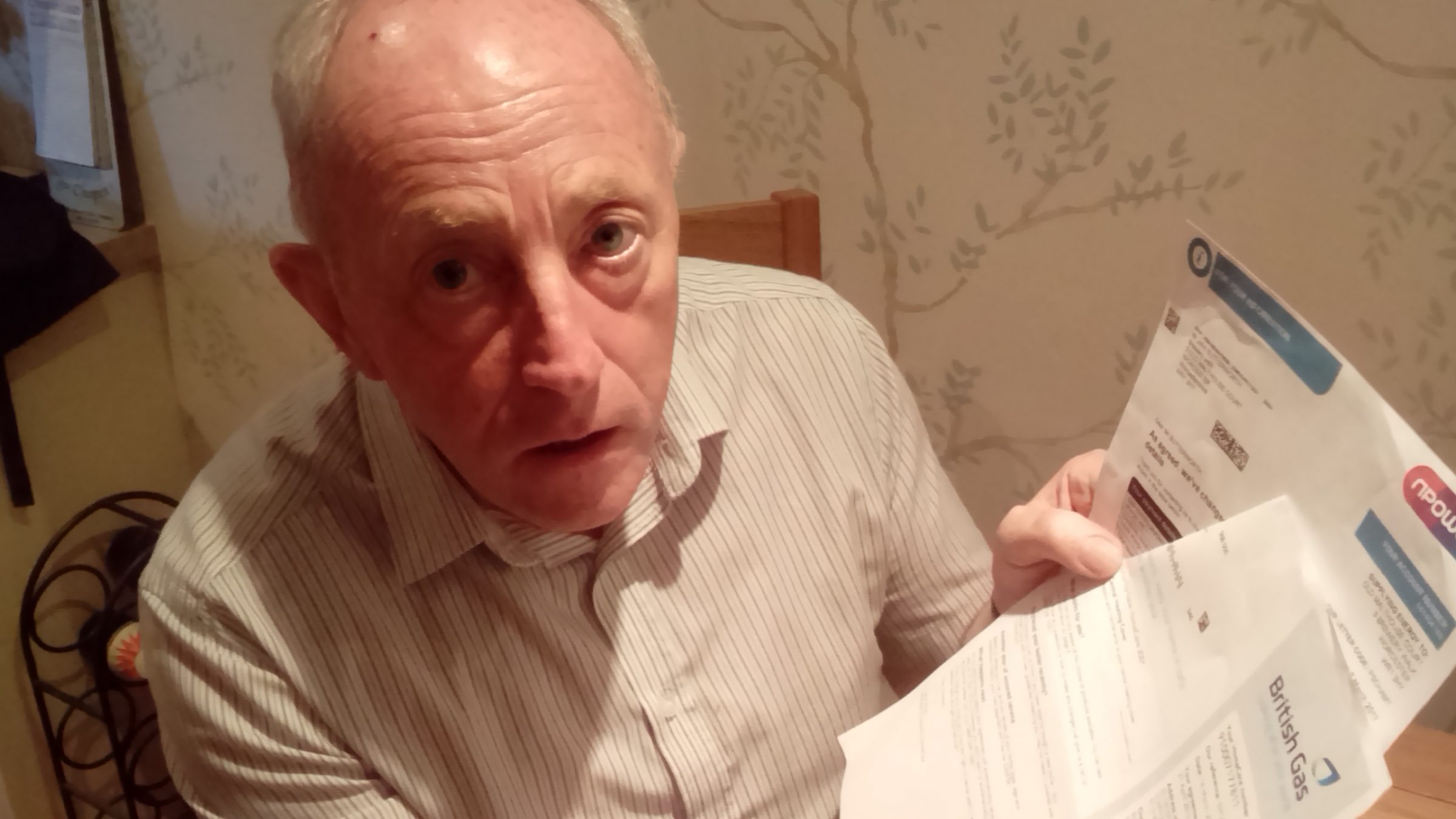
Banning halogen bulbs will be a light-bulb moment for public
Banning sales of halogen bulbs in two months’ time will be a light-bulb moment for the UK population in the fight against climate change.
“It will show the British people that almost every aspect of our lives will have to change to stop our planet overheating,” said Midlands energy expert Ron Fox.
“It also reveals that, what is a small move in the overall scheme of things, will have a huge effect cutting 1.26 million tonnes of carbon emissions a year, the equivalent to removing half a million cars from British roads. Also, there will be an added bonus for householders with savings of up to £75 a year on electricity bills.”
The halogen gas added light-bulb, which lasts longer and is brighter because of a lack of soot, replaced the more inefficient electric or incandescent light-bulb with argon gas in it, which was banned in 2016.
Replacing the halogen bulb is the much more energy efficient LED (light emitting diode) which doesn’t have a filament that gradually burns out and generates about 20 per cent heat and 80 per cent light, the opposite to the traditional light- bulb.
Sales of halogen bulbs will be banned from September with high-energy fluorescent lights, such as strip lights commonly found in offices, to follow by September 2023. Experts believe LED bulbs could be incorporated into the fluorescent light fittings as a more energy efficient alternative.
From this September retailers will be no longer able to sell new stocks of halogen bulbs, such as kitchen spotlights. But they will be allowed to sell their existing stock until it runs out.
Those residents who have halogen bulbs won’t have to dispose of them by the autumn, but they won’t be able to replace them when they blow.
The Government’s plan also includes banning the sale of lighting fixtures with fixed bulbs that cannot be replaced, which account for more than 100,000 tonnes of electrical waste each year. At the moment LED light bulbs are designed to refit into existing light fittings.
The more environmental LED lights cost more but last five longer than traditional halogen bulbs, producing the same amount of light but using up to 80 per cent less power. It is expected these greener bulbs will account for 85 per cent of all bulbs sold by 2030. At the moment they make up two thirds of all light sales.
Energy-saving labels will also be upgraded to make it easier for customers to choose the most efficient option.
The A+, A++ and A+++ ratings will be abandoned and bulbs’ efficiency will be graded between A-G, with only the most efficient given an A rating.
“It will mean less waste and a brighter and cleaner future, showing that the UK aims to tackle climate in every way possible to ensure it is carbon neutral by 2050,” said Ron, of Noreus Ltd on the University of Keele Science and Innovation Park in North Staffordshire.
For more information on green energy, call Ron on 01782 756995.
Caption: Seeing the light – Banning sales of halogen bulbs in two months’ time will lead to the cutting of 1.26 million tonnes of carbon emissions a year.




